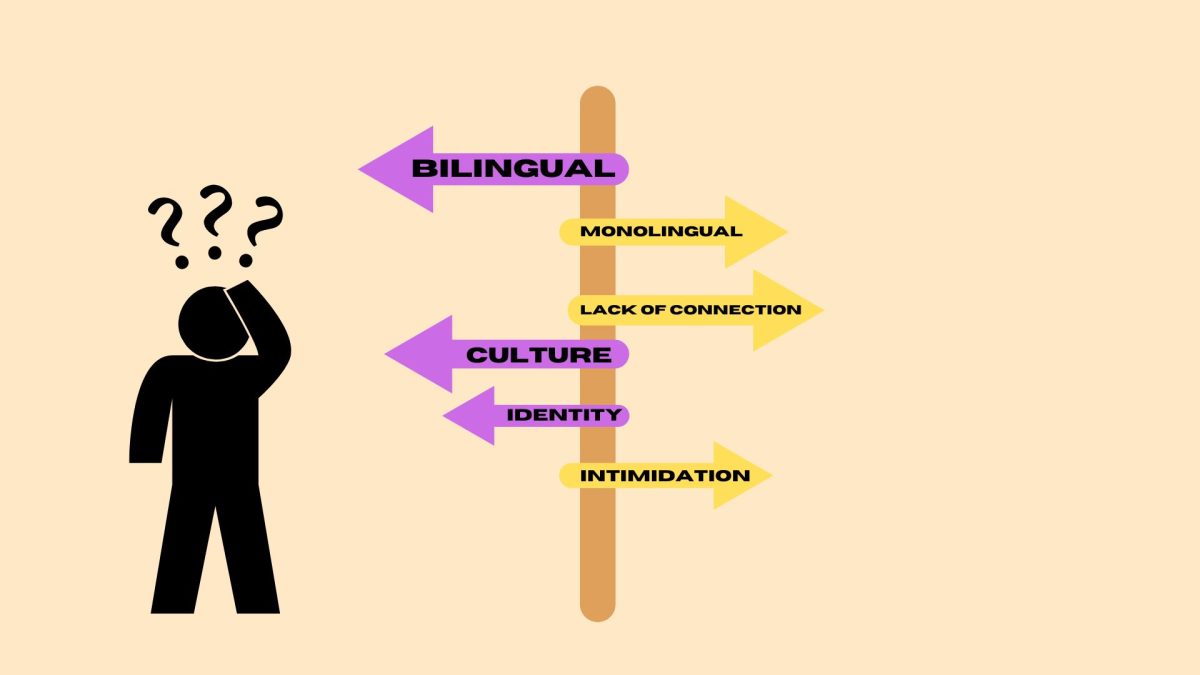Two people hold a banner during the march to Save City College in 2013. (Photo by Steve Rhodes via Flikr.)
Several classes have been cut from the City College of San Francisco curriculum since fall 2016 due to budget shortfalls, and these cuts will especially target ethnic studies in the coming year.
According to CCSF Assistant Vice Chancellor Kristina Whalen, budget over-expenditure and decreased enrollment caused CCSF to cut classes.
According to the CCSF Fact Sheet, CCSF experienced an 18.7-percent decrease in enrollment from the 2011-12 school year to the current school year.
As a result of this decline, some classes struggled to fill their capacity.
At an April 2 budget meeting, CCSF Vice Chancellor of Finance and Administration Luther Aaberge said the college was faced with a 20-percent reduction in funding since the 2016-17 school year.
CCSF stopped receiving stability funding from the state, which contributed to the school’s budget deficit in addition to its structural issues, according to Whalen. Going into the 2019-20 school year, the state requires CCSF to keep a 5-percent reserve of funds, but Whalen said CCSF is struggling to maintain even that reserve.
“When we go below that 5 percent, we go on a financial watch list for the state. We’ve been on that before, and we’re not eager to go back,” she said.
Whalen said classes will be cut in the current and coming school year to ease both these under-enrollment and budgetary issues.
According to American Federation of Teachers 2121, CCSF’s faculty union, however, the college is not targeting classes solely based on enrollment. For example, the administration has directed the Asian American studies department to cut one-third of its classes despite the department holding the second-best enrollment rates within the diversity departments.
AFT 2121 reports other inconsistencies on their website, such as cuts to computer science’s usually fully-enrolled classes.
The incoming fall 2019 class schedule will have 28 percent fewer classes than the fall 2018 schedule, the union says.
Whalen said the new budget plan seeks to eliminate some ethnic studies classes from departments such as Asian American, African American and Latina/o studies, along with CCSF classes in other departments.
According to CCSF students, these cuts hinder their ability to take classes they’re interested in and, at times, their ability to transfer to a four-year university.
Jalaya Morales, a 23-year-old CCSF student and future SF State transfer, said she’s frustrated with CCSF’s decision to cut classes required for transfer. She said students are not getting the well-rounded education they deserve.
“People are coming here to learn, but they’re cutting their programs, students are not getting the full learning [experience],” Morales said.
Many CCSF students and faculty members disagreed with the college’s perceived choice to base class cuts on class enrollment.
Latina/o studies dean Edgar Torres said enrollment is not a good measure of the educational relevance of a class.
“They’re cutting classes in a numerical threshold, and by doing so they’re not caring about the importance of a class, the importance of a program or the importance of its contributions,” Torres said. “No matter how important it is, they’ll cut it.”
Torres was distraught about the class cuts his department faces. He said a Chicano Studies class should not have been cut because it has much cultural importance to California.
“What self-respecting institution in the state of California doesn’t teach Chicano history?” Torres asked.
Torres said at-risk and low-income students often take ethnic studies classes.
“The importance of ethnic studies is not only to bring into account a perspective that might be different than the more-known traditional ones,
but it’s also important because of all the at-risk populations taking our classes,” he said.
Torres said ethnic studies classes provide at-risk students of color a resonating sense of identity and history. He noted that many students who struggled in the past with their academics, flourish in ethnic studies. He believes the one-on-one mentorship of ethnic studies faculty directly contributes to the success of at-risk students in higher education and he said he hopes the college sees that value.
“If you’re [cutting ethnic studies classes], you’re not committed to education and you’re not committed to at-risk populations,” Torres said.
Brandon Tanksley, a CCSF student currently enrolled in African American studies classes, said he feels the lessons he learns in these courses are invaluable to preserving African American history and culture.
“We should keep [ethnic studies classes] because sometimes we forget about our history, so it’s good to learn what we’re missing,” Tanksley said.
CCSF is implementing a new funding system over the next three years that is not solely based on enrollment, but two additional factors—financial need and degrees and certificates, according to Whalen. She said this new method will prioritize important classes that benefit students’ progress toward degrees and cater to their financial need.
CCSF student Andrew Romero said that in the future, students should have a voice in choosing which classes will be cut.
“I think [CCSF] should let students voice their opinion more, rather than making their own decisions rashly,” Romero said.
CCSF ethnic studies classes continue to impact the lives and careers of those who take them. SF State graduate student John Jimenez said the courses he took at CCSF on Asian American culture and history changed the trajectory of his academic life and inspired him to give back to his Asian American community.
“I have to say that being able to take those classes at [CCSF] put me on a good path of not only pursuing my undergraduate studies, but pursuing my masters,” Jimenez said. “[It] made me realize with this information I need to give back to the Asian American community.”
Jimenez hopes to become a junior college professor and work for a nonprofit organization.
“I don’t think these paths would have been found if it wasn’t for ethnic studies,” he said.







